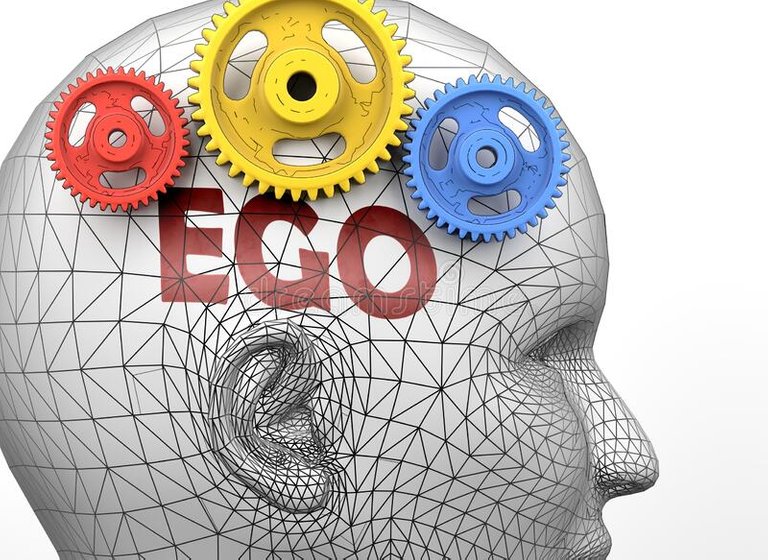Sigmund Freud conducted extensive social and psychological study on human consciousness formation in the 1930s. Freud concerned with human consciousness, dividing it into three spiritual categories: id, ego, and superego. As stated:
Instinctive, unstoppable, it is the part of ourselves that only adjusts to necessities. For example, sexuality, violence, hunger, resentment, etc. The person who outweighs this lacks conscience.
The ego is the midway level of consciousness, balancing nature and the id. It assesses the appropriateness of compounds found in nature or the environment, again on neutral ground. It is crucial in halting the motives. For example, the id, or subconscious, seeks food when hungry. But the self (ego) controls it, reminding it to happen or not.
The Superego guides the human being within the boundaries of norms and ideals. This is the conscience. A path is determined by directives and restrictions in this section. It grows and matures as we learn to discern between good and wrong. What we learn through our family, parents, environment, school, religion, and customs becomes part of our core values and standards.
Our superego fluctuates depending on our social and cultural structure (learned and moral structure). I, our ego, is a circumstance we can manage and is linked to our structure.
A rearing horse is Freud's ego. It's important to keep this war-ready knight under check, especially in business. For example, the ego precludes admitting wrongdoing (even if a mistake is admitted). This causes a stalemate and sometimes even conflict. Workers swallow in the face of their boss' ego, but their own egos rear. He assaults at every chance. Trouble starts. The manager's ego can crush his subordinates mercilessly.
In truth, our professional and personal identities mirror ourselves, and we care about protecting them. Fear of being humiliated, superiority, struggle to succeed, sense of management, “me” and what I do...
Social and business stress prohibit us from expressing good actions in many situations. A smidgeon of negative energy can cause major uproar. En même time, stopping the ego becomes more difficult. In short, when the ego loses control (the balance between the id and the superego), it becomes a lethal weapon. Sadly, when everyone settles down, the wreckage of the battlefield cannot restore hearts damaged by incorrect words and acts. Time cannot be reversed!
Because of the incompatibility between the id and superego, the ego utilises defence mechanisms to decrease or eliminate anxiety (in order to protect itself). denying, inflating, exalting, insulting, demeaning... This is why people display “ego” or “high ego” behaviours...
Let's test our ego. Say something unpleasant to the person next to you. Be wary! This discourse can end with ego-boosting statements...
More vital than mistakes made; "awareness". We can control everything we are aware of. We should attempt...
